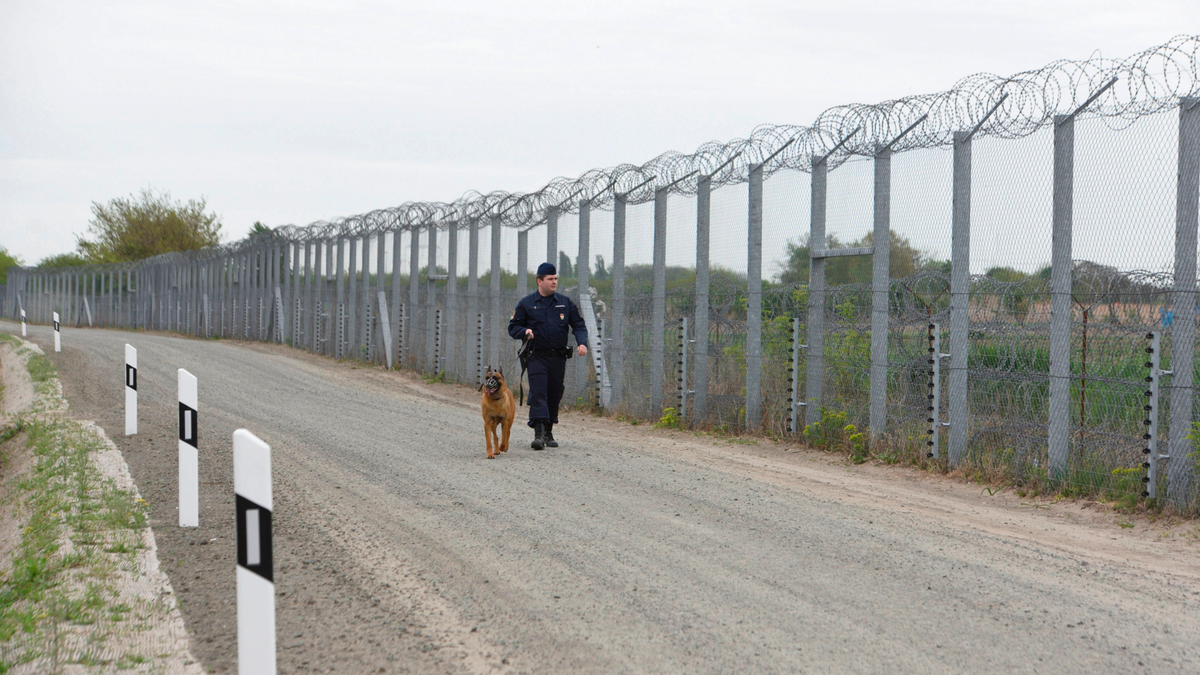
ATHENS, Greece – The Latest on Europe's response to refugees and migrants trying to reach the continent (all times local):
3:10 p.m.
Specialists from the Council of Europe say Hungary's ability to detect human trafficking of migrants and asylum-seekers has deteriorated, with unclear procedures and insufficient information about victims' asylum rights.
The Group of Experts on Action against Trafficking in Human Beings said in a report issued Friday that Hungary's two transit zones on its border with Serbia, where asylum-seekers must stay until their claims are evaluated, lack the "atmosphere of trust" needed for trafficking victims to come forward.
The report also said "collective expulsions" hindered the detection of potential victims.
The group says it is "deeply concerned" that children between the ages of ages 14 and 17 are treated as adults for asylum purposes. In a letter published with the report, the Hungarian government refuted much of the experts' criticism.
___
2:35 p.m.
The U.N. refugee agency has made an urgent appeal to Greece to create more reception facilities at a border area with Turkey which has seen a surge in crossings in recent months by asylum-seekers from Syria and Iraq.
The UNHCR on Friday said existing facilities in the Evros border region were overwhelmed after the number of arrivals swelled to 2,900 so far this month. Refugees were crammed into local police stations, often in poor conditions, it said.
Many migrant traffickers have switched routes to the Evros region instead of islands in the eastern Aegean Sea, where most migrants are prevented from traveling to the mainland.
There was no immediate reaction from the government.
